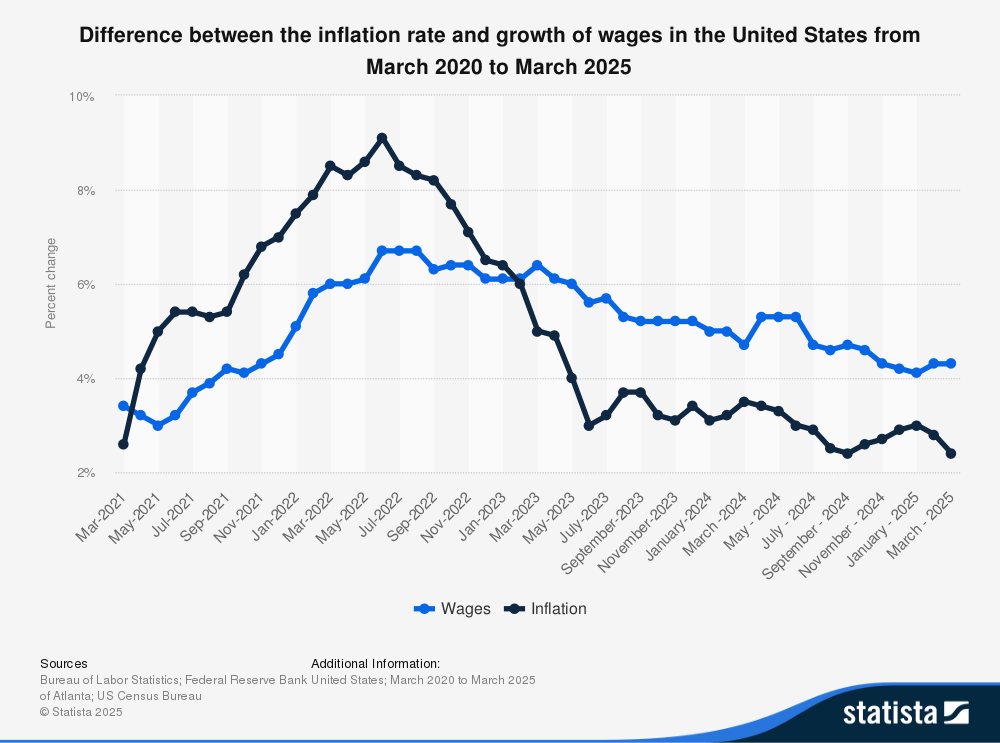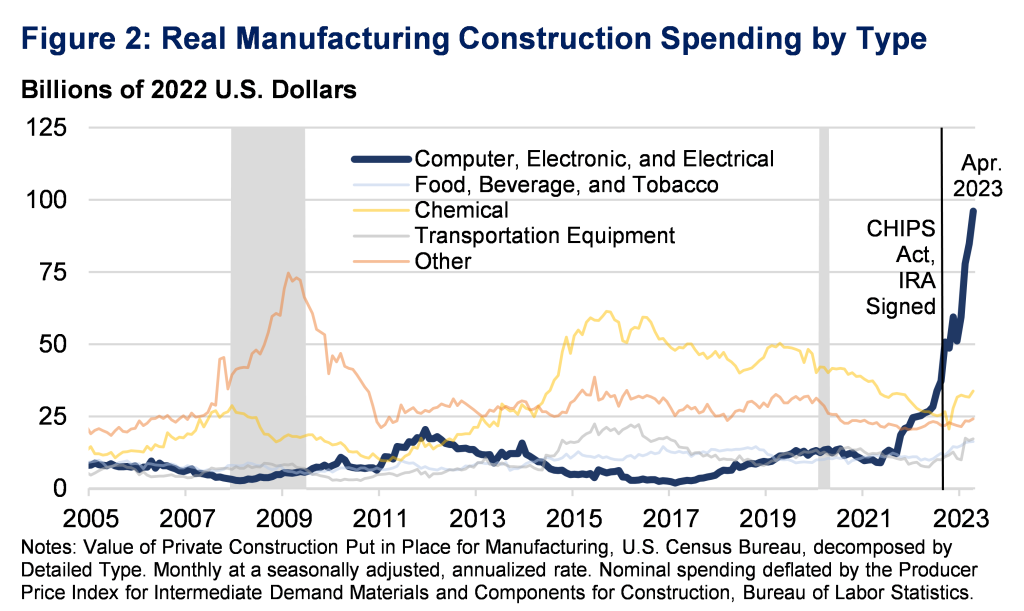Notes on Aug 11, 2025 epsode, “Overspending, Broken Families, Bad Policies: 6 Steps To Rebuild The American Dream”.
In this episode, Tom Bilyeu presents the arguments of Thomas Sowell’s 2015 book Wealth, Poverty, and Politics, adapted to fit the Impact Theory themes. Sowell began as an economist, and has had a second career as a conservative public intellectual, a black man who tells conservatives that he too agrees that the government should do nothing about racism.
Tom Bilyeu starts by calling “inequality” the most pervasive thing in human history, more common than poverty. While nearly everyone was poor before, say, 1750, inequality differs greatly between societies and rises and falls separately from median income. His examples of this in the animal kingdom are laughable.
This all serves as an introduction the question of why some societies got rich post-1750 and others lagged, one of the subjects of the field of economics. And one of the interesting questions is, why did the industrial revolution start in England, and in the 1700s, and not in another country, and why in the 1700s and not in the 700s or 30,000 years ago? Another question is of development and economic growth. Why have some countries, like Korea, caught up to Europe/America, while others have lagged?
Interesting questions, but TB presents a potted ahistorical account. TB starts with a capsule history of Uganda, poor due to ‘bad choices’, which ignores pretty much the entire history of Uganda (colony of England until 1962, then war and dictatorship for most of the next 60 years). His other historical examples are strange and he doesn’t have any insight.
TB’s main subject is individual success and inequality within a society. His discussion of what makes a society wealthy (high potential GDP, high growth of GDP) is a different topic.
He highlights something he calls the “Merit Myth”, “The merit myth is the “the mistaken belief that differences in outcomes, test scores, careers, wealth must result from either innate superiority, exploitation, or deliberate discrimination.” It is an curious black and white framing. While no one argues that success *must* be due to innate superiority and the unsuccessful are both inferior and held down by discrimination, it is quite a jump to say that these things aren’t factors, especially in a country with the US’s history. After hedging a bit, TB concludes that government action can’t affect these success factors, that is all due family and culture. Government policies that try inevitably lead to disaster and mass death. I wonder if he ever cracked a US history book? TB isn’t a hard core racist, but he thinks the primary problem blacks in the US have is a culture of failure, here echoing Sowell’s argument.
TB strangely comments that the US has been suffering under ‘racial quotas’ for the last decade. This is news to me. His statistics about poverty among blacks in the US seem hopelessly muddled by ignoring the rising wealth (GDP) of the US (doubling 1940-1960). Black family poverty dropped 32% 1940-1960 (to 48%), but white family poverty dropped 61% (to 12%) [Race and Poverty: A Forty-Year Record, James P. Smith and Finis Welch. 1987].
This argument is introduced to attack Lyndon Johnson’s Great Society programs. This included Medicare, Medicaid, Food Stamps, the right to vote, and desegregation of schools, public spaces, and workplaces. The spending in the Great Society programs wasn’t focused on black Americans, and most of the spending has gone to white Americans.
Let me provide a bit of background. Conservatives at the time supported racist segregation policies–both government and private, and had been refusing to follow the law on school desegregation since the 1954 US Supreme Court ruling. Because of racism, schools attended by black children were decrepit and didn’t have the books and other resources needed. A Great Society program put some money into this and partially alleviated it. Of course, Americans views didn’t change when these Great Society programs were enacted–racists still worked to maintain white supremacy and opposed any government program that helped African Americans or reduced barriers to equality. Conservatives had a lot of failures–legal segregation ended, and the cultural norms excluding African Americans from good jobs slowly eroded. However, they did have successes–housing in the US remains segregated, and schools are as racially segregated as they were in 1965, though today indirectly through housing and zoning law. And conservatives have eroded and reduced many of these anti-poverty programs. Still, these programs (and the growing US economy) have been substantially reduced poverty, especially extreme poverty in the US.
Conservative have worked to destroy Great Society programs to this day, and their attacks on the Great Society programs focus on blacks and other minorities. Conservatives find this line of argument the best attack, the one that white Americans respond to best. After these programs passed, conservatives moved from direct support for racist policy to attacking the laws supporting equality for mentioning race and ethnicity, which they called reverse racism. Conservatives have also worked to limit and condition welfare payments, installing income caps, work requirements, and lifetime benefit caps. Sowell’s writing is a second line of attack, arguing these policies are bad for African Americans.
It’s unclear to what extend welfare rules affected marriage rates–society was undergoing a cultural upheaval, and marriage rates went down and divorce rates went up across US society. Studies looking at whether welfare affected marriage rates among poor women have had mixed results, and the effect size is fairly small in any case. Still, Tom Bilyeu will be glad to hear that conservative changes to welfare programs in the 1990s removed many of the disincentives for marriage (that two incomes push a family over the cutoff), mainly by cutting single mothers off from these programs. The largest remaining welfare program is Medicaid (health care), SNAP (food), with EITC (tax rebate for poor workers) third.
Tom Bilyeu’s podcast often focuses on maximizing human potential. Providing health care for kids keeps them healthy and maximizes their potential. Providing affordable health care for families helps maximize human potential–people dying early, suffering untreated medical conditions, or taking on medical debt reduces their ability to perform at high level. Kid don’t develop or learn well if they can’t get enough to eat. Access to a good education benefits not just the individual but also the society by increasing the productive capacity of its workers. And yet Bilyeu here repeats Sowell’s attacks on these programs.
TB will be happy to know that while inequality in the US is high and heading up, the US is still the richest large country, with the highest median income, and the highest rate of economic growth among large, high income countries (OECD). Funny enough, his visual for the threat of political violence is peaceful protest.
TB warns of dangerous populist policies–taxing the rich, student debt relief, and welfare for the poor. After 70 years of reducing taxes on the rich, there is plenty of room to raise them and cut into tax avoidance. Student debt relief would help the middle class by reversing decades of under investment in education, and trigger investment and entrepreneurial activity. No populist today is proposing new welfare programs–in fact, the current populist has cut health care programs. Strangely, TB skips a mention of the populist policy being implemented today that is already having negative economic consequences which will prove disastrous if fully implemented–an plan to kick out millions of immigrants.
TB’s prescriptions (and my notes):
1. End the disincentives to family formation.
2. Tie welfare to skill building.
This was done 20 years ago, thanks for catching up TB!
3. Break the government school monopoly.
The US of course has no such thing. Private schools are a thing. Parents can even homeschool. What TB means is have the government subsidize private schools. Which many / most cities are already doing to some extent. As best as people can tell, it hasn’t improved education, but it is a juicy pot of money that private school companies want to tap.
4. Roll back restrictive occupational licensing for low-risk industries. Streamline zoning and business incorporation regulations.
Not clear what he is getting at–there is support in both political parties to remove some occupational licenses, mostly a local issue. Starting a business is easier in the US than in most of the world already. Perhaps the standard conservative plan to end regulations for clean air, clean water, safe food, and worker safety?
5. Stop deficit spending ASAP.
Waiting on TB’s presentation of a balanced Federal budget! Paired with his proposals to cut the already low taxes on the hundred millionaires, I think what he’s proposing here is a huge cut in Social Security payments and Medicare. This has been the conservative Holy Grail since 1935. With the large baby boomer generation hitting the age for SS and Medicare, to keep these programs funded in coming years the US will either need to raise taxes or cut people off. It would immiserate US citizens and wreak the US economy. Hard pass.
6. Encourage asset ownership. Like any good salesman, TB ends with core business, investment advice to the upper middle class.
Resources mentioned
Thomas Sowell’s Wealth, Poverty, and Politics (2015). Sowell’s extended argument against US government programs to help African Americans, against affirmative action and welfare for the poor. A political book more than an economics book.






